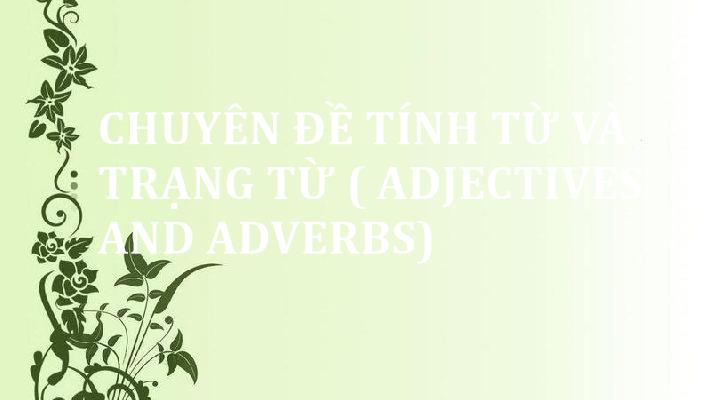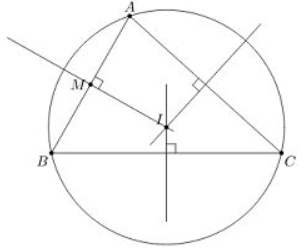SEQUENCE OF TENSES
(SỰ PHỐI HỢP GIỮA CÁC THÌ)
Trong câu có hai mệnh đề trở lên, các động từ phải có sự phối hợp về thì.
I. Sự phối hợp của các động từ trong mệnh đề chính (main clause) và mệnh đề phụ (subordinate clause)
|
MAIN CLAUSE |
SUBORDINATE CLAUSE |
|
Simple Present |
Simple Present => Present Tenses Present Perfect => Present Tenses Present Continuous => Present Tenses Simple Future/ Near Future Simple Past (nếu có thời gian xác định ở quá khứ) |
|
Simple Past |
Simple Past => Past Tenses Past Perfect => Past Tenses Past Continuous => Past Tenses would + V (bare-inf.) was/were going to + V (bare-inf.) Simple Present (nếu diễn tả một chân lí) |
|
Present Perfect |
Simple Present |
|
Past Perfect |
Simple Past |
Ví dụ:
- People have said that London has fog.
- She says she has finished her homework already.
- She said she would visit me again.
- Tom says he will visit me again.
- They had done what was necessary.
- He says he was born in 1980.
- My teacher said that the sun rises in the East.
- Mary said that she was cooking then.
II. Sự phối hợp của các động từ trong mệnh đề chính và mệnh đề trạng ngữ chỉ thời gian (adverbial clause of time)
|
MAIN CLAUSE |
ADVERBIAL CLAUSE OF TIME |
|
Present Tenses |
Present Tenses |
|
Past Tenses |
Past Tenses |
|
Future Tenses |
Present Tenses |
- Present Tenses: Tất cả các thì hiện tại tuỳ theo ngữ cảnh của câu.
- Past Tenses: Tất cả các thì quá khứ tuỳ ngữ cảnh của câu.
- Future Tenses: Tất cả các thì tương lai tuỳ ngữ cảnh của câu.
Ví dụ:
- He never goes home before he has finished his work.
- I often read a newspaper while I am waiting for the bus.
- We will go as soon as you have finished your work.
- It was raining heavily when I got there.
- The train had already left when I arrived at the station.
- Please wait here until I come back.
Chú ý: Mệnh đề trạng ngữ chỉ thời gian thường được bắt đầu với các liên từ chỉ thời gian. Không được dùng thì tương lai (Future Tenses) trong các mệnh đề trạng ngữ chỉ thời gian (có thể thay bằng thì hiện tại).
|
|
|
|
|
|
|
|
|
|
|
|
Chú ý: Trong trường hợp dùng nối từ “since”
S + V (present perfect/ present perfect cont.) + since + S + V (simple past)
Ví dụ:
- She has played the piano since she was ten years old.
- He has been studying English since he came to the US.
III. Bài tập
- He thinks that it (rain) tonight.
- She understood that we (promise) to go.
- She said that she (get) married soon.
- Shut all the windows before you (go) out.
- You may begin when you (be) ready.
- He is saving his money so that he (take) a long vacation.
- The teacher asked Bill why he (not go) to school the day before.
- I did not know who (help) him.
- Did John say he (call) you again.
- Mrs Smith complains that her neighbour (make) too much noise.
- I realized that they (be) older than they looked.
- Mary (have) dinner when her friends called.
- John (live) in the same house since he left school.
- He (be) ill for a long time before he died.
- I hope it (not rain) when we start early tomorrow.
IV. Giải bài tập
|
|
|
|
|
|
|
|
|
|
|
|
|
|
|
|







